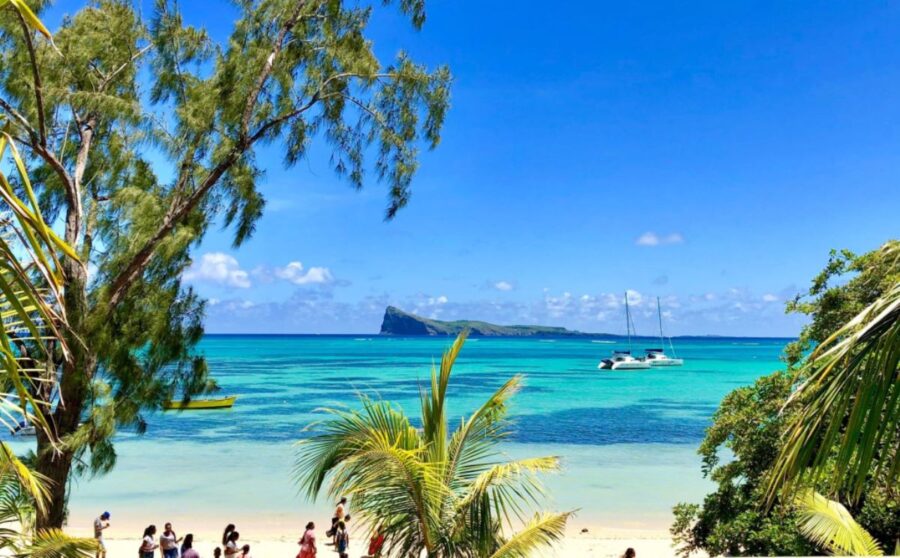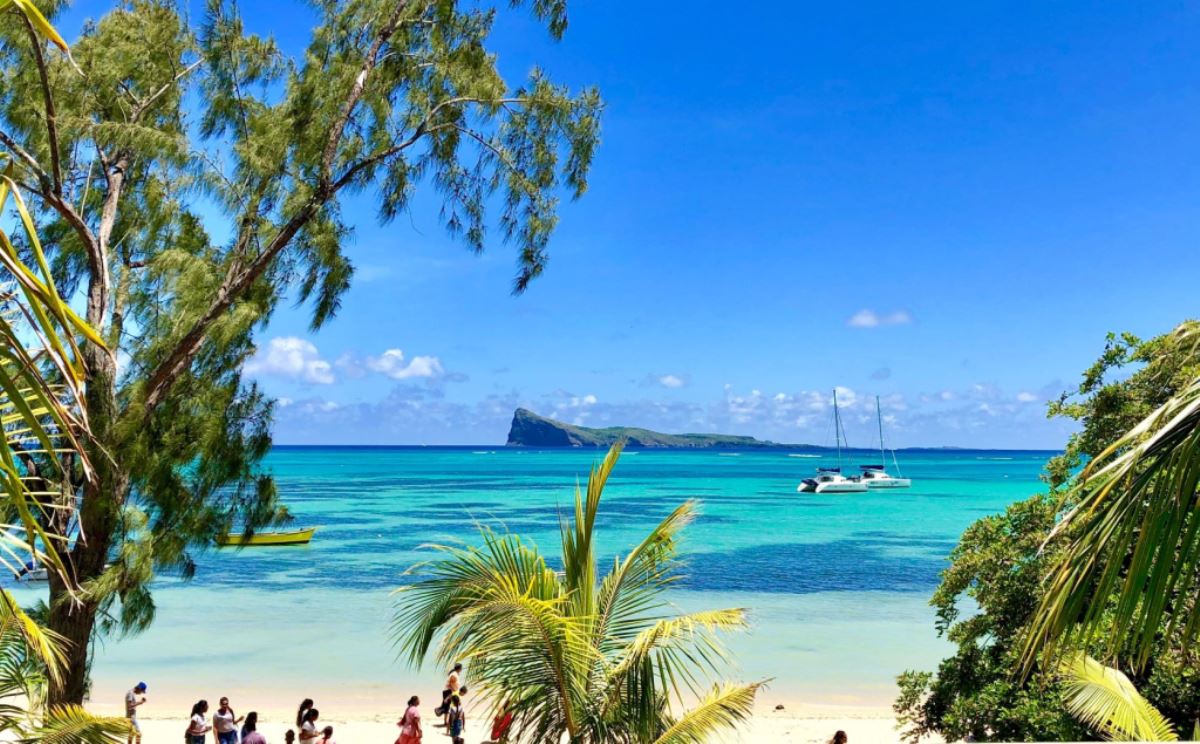
ASATA Calls on Mauritian Government to Lift its Travel Ban Against South Africans
ASATA has called on the Mauritian Government to lift its travel ban against South Africans with immediate effect so that the travel industries in both countries can collectively try to salvage the balance of the summer season. Mauritius recently extended its travel ban against Southern African countries until 31 January 2022, despite the presence of […]

ASATA has called on the Mauritian Government to lift its travel ban against South Africans with immediate effect so that the travel industries in both countries can collectively try to salvage the balance of the summer season.
Mauritius recently extended its travel ban against Southern African countries until 31 January 2022, despite the presence of Omicron variant in that country and the lifting of travel bans by the United Kingdom, the United States, Germany, Ireland, Canada, Belgium, the Netherlands and Denmark which have cited that with community transmission in their own countries a travel ban is less effective in slowing the incursion of Omicron from abroad.
The approach by Mauritius to keep its travel ban against South Africa mirrors that of the French Government, which has South Africa, eSwatini and Lesotho listed as the only countries on a ‘scarlet red’ list, designated for countries with “particularly active virus circulation and/or discovery of a variant likely to present a risk of increased transmissibility or immune escape”. France reported a record high of 206,243 confirmed cases in a 24-hour period on 30 December.
“ASATA is profoundly frustrated and disappointed by the Mauritian Government’s decision to further extend a travel ban when it is evident there is no scientific basis to continue the ban,” says Otto de Vries, CEO ASATA.
“The high infection rates in over 50 countries means a person is as likely to catch the Omicron variant in Port Louis, Berlin, Brussels or Paris or as they are in Johannesburg or Cape Town. Travel bans have become redundant in the face of this reality,” de Vries adds.
ASATA has written to the Mauritian government twice in the past month, drawing attention to the decision of international governments to lift their travel bans and sharing Discovery Health’s recent findings from the first real-world assessment of the variant that vaccines continue to confer high protection against severe complications from Omicron and that the risk of severe illness and hospitalisation is lower for those with Omicron.
“Considering travellers to Mauritius must also show proof of a negative PCR test before arrival to fly to Mauritius and then an antigen test on arrival, there is simply no logical reason why South Africans should be banned from travelling to Mauritius,” de Vries said.
The travel ban has had dire consequences for the travel and tourism industries of both Mauritius and South Africa; the latter typically sending about 120,000 travellers to the island annually. In December, this number can be as high as 24,000 travellers. The estimated losses due to this travel ban, just on packaged holidays, is estimated at R 1 billion for December 2021 and an additional R 400 million for January 2022.
Further, an estimated 280 South African millionaires — those with investable assets of more than $1m — have moved to the island since 2007, according to market research group New World Wealth. This group provides high value spend on the island all year round, but typically at this time when they would normally spend their summer holiday there.
“We believe there is a compelling and rational case for the immediate lifting of the travel ban against South Africa. On behalf of the travel and tourism value chain in both our countries, we urge the Mauritian Government to reconsider their extended ban and lift it as a matter of urgency,” de Vries said.
